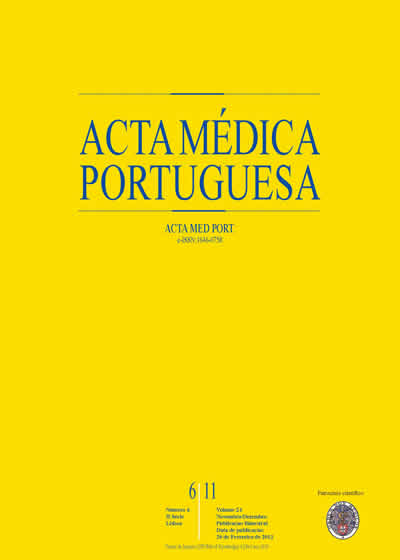Future perspectives in the treatment of psoriasis: news in biological therapies.
DOI:
https://doi.org/10.20344/amp.1416Abstract
Psoriasis is an immune-mediated chronic, inflammatory disease. Due to the chronic nature of the disease, patients suffer from substantial psychological and financial burdens, thus adding to a significantly impaired quality of life. Current understanding of the pathophysiology of this condition has produced very encouraging new medical developments. The biologic therapies target precise elements of the immune cascade and their introduction to clinical practice was a significant advance in the management of refractory moderate-to-severe psoriasis. Biological therapies for the treatment of psoriasis and/or psoriatic arthritis are defined by their mode of action and are classified into the following categories: T-cell modulating agents, inhibitors of tumor necrosis factor-alpha (TNFα blockers) and inhibitors of interleukin (IL) 12 and IL-23. This article reviews the recent progress in the understanding of the molecular and immunologic basis of psoriasis and how this contributed to the introduction of new targeted therapies. It is provided an overview of the TNFα inhibitors golimumab and certolizumab, and also other agents such as ustekinumab, briacinumab, tasocitinib, sipilizumab and abatacept.Downloads
Downloads
Published
How to Cite
Issue
Section
License
All the articles published in the AMP are open access and comply with the requirements of funding agencies or academic institutions. The AMP is governed by the terms of the Creative Commons ‘Attribution – Non-Commercial Use - (CC-BY-NC)’ license, regarding the use by third parties.
It is the author’s responsibility to obtain approval for the reproduction of figures, tables, etc. from other publications.
Upon acceptance of an article for publication, the authors will be asked to complete the ICMJE “Copyright Liability and Copyright Sharing Statement “(http://www.actamedicaportuguesa.com/info/AMP-NormasPublicacao.pdf) and the “Declaration of Potential Conflicts of Interest” (http:// www.icmje.org/conflicts-of-interest). An e-mail will be sent to the corresponding author to acknowledge receipt of the manuscript.
After publication, the authors are authorised to make their articles available in repositories of their institutions of origin, as long as they always mention where they were published and according to the Creative Commons license.









